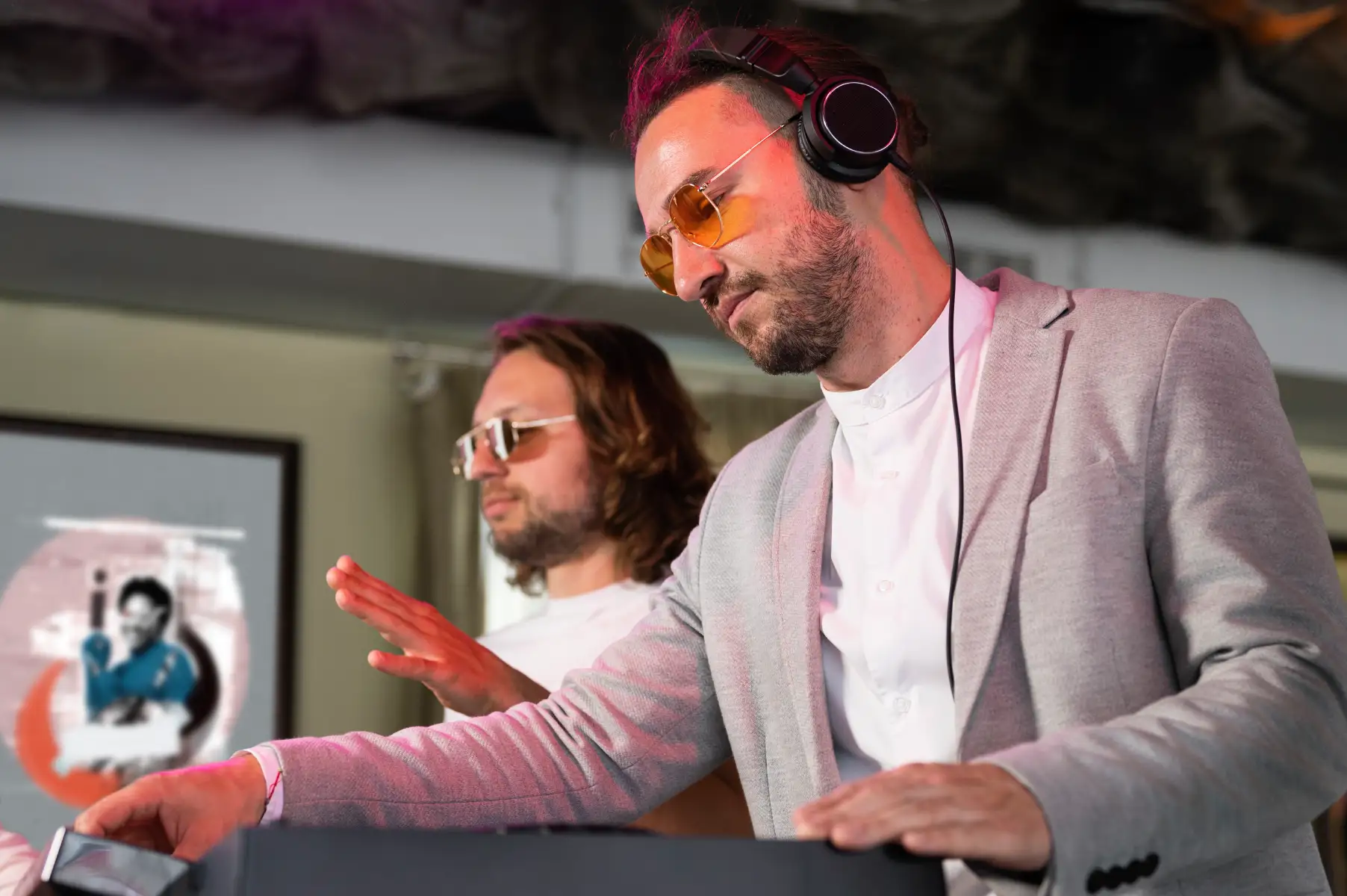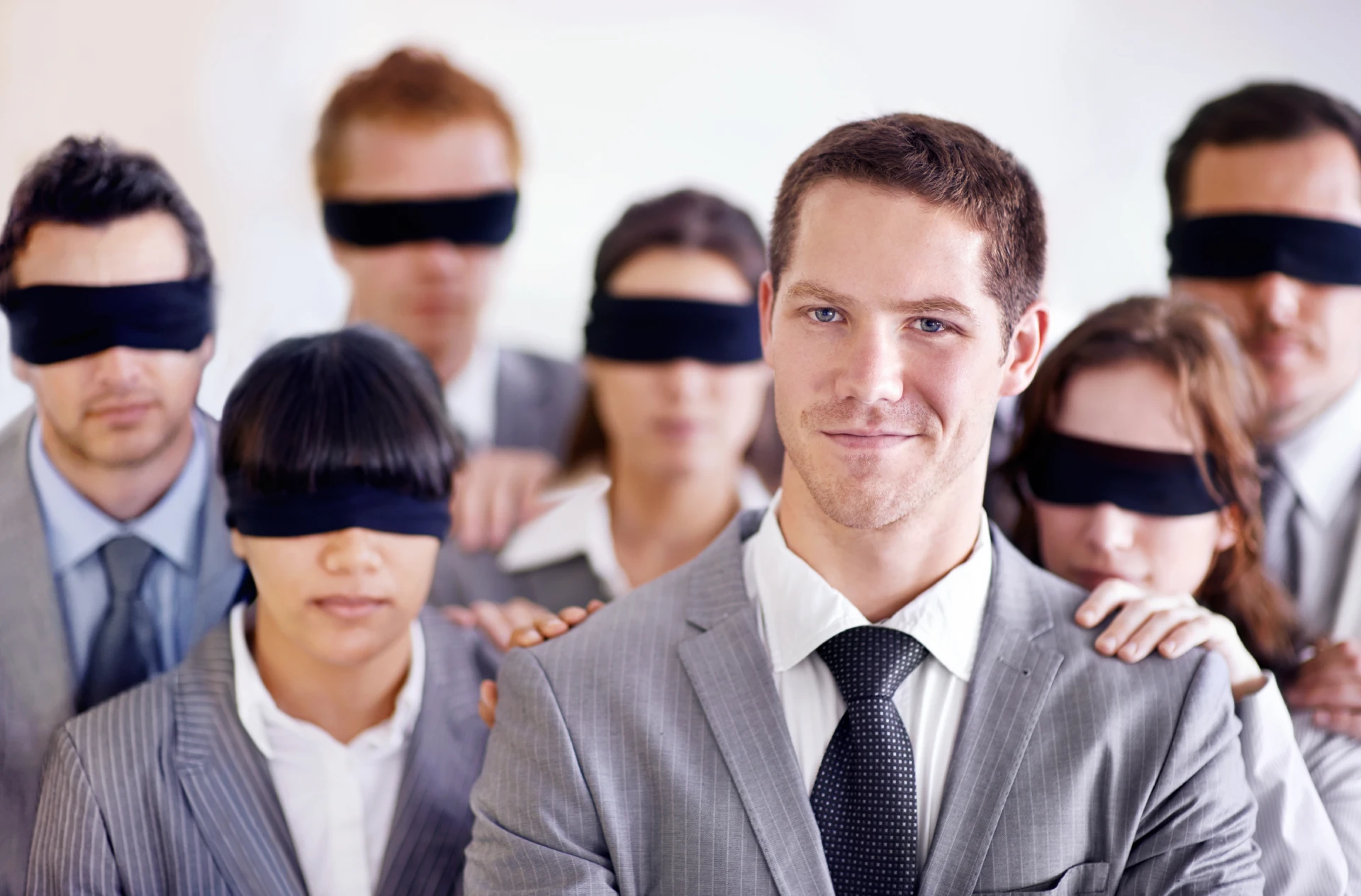Introduction
Richard Reid’s Charisma Masterclass is a transformative coaching programme that recognises and celebrates each individual’s inherent uniqueness while providing structured opportunities to refine behaviours for greater impact. Grounded in behavioural science and neuroscience, the programme leverages evidence-based techniques to foster lasting change. This whitepaper explores the science behind the coaching process, the critical role of behavioural rehearsal, and the benefits of a hybrid approach combining group training with individual coaching.
The Science of Charisma and Behavioural Change
1. Celebrating Uniqueness
Charisma is not a one-size-fits-all trait; it emerges from authenticity. Richard Reid’s approach begins by identifying and amplifying each participant’s natural strengths—whether in communication style, emotional intelligence, or presence. Research in positive psychology (Seligman, 2002) and self-determination theory (Deci & Ryan, 2000) underscores the importance of aligning personal growth with intrinsic motivations. By celebrating individuality, the masterclass ensures participants feel valued, increasing engagement and commitment to change.
2. Behavioural Refinement Through Neuroscience
Behavioural change is not merely about intention—it requires neuroplasticity, the brain’s ability to rewire itself through repeated practice. The masterclass emphasises rehearsal of alternative behaviours because:
- Neural Pathways Strengthen with Repetition: When a new behaviour is practised, synaptic connections in the brain become more efficient (Draganski et al., 2004). This is why role-playing and deliberate practice are central to the programme.
- Emotional Regulation: The amygdala (the brain’s fear centre) can hijack charisma under stress. Rehearsal helps participants develop automaticity, reducing cognitive load and freeing mental resources for authentic connection.
- Mirror Neurons and Social Learning: Observing and mimicking charismatic behaviours (e.g., in group workshops) activates mirror neurons, accelerating learning (Rizzolatti & Craighero, 2004).
The Power of Rehearsal
Why Practice Matters
- Overrides Default Behaviours: Under pressure, people revert to ingrained habits. Rehearsal creates new defaults (e.g., maintaining eye contact, using open body language).
- Builds Confidence: Familiarity reduces anxiety, as shown in exposure therapy (Foa & Kozak, 1986).
- Enhances Muscle Memory: Charismatic gestures and vocal tones become effortless with repetition.
Structured Rehearsal in the Masterclass
- Role-Playing Scenarios: Simulated high-stakes interactions (e.g., pitches, networking) allow participants to experiment in a low-risk environment.
- Feedback Loops: Immediate, constructive feedback helps refine micro-behaviours (e.g., pacing, tonality).
- Daily Micro-Practices: Small, consistent actions (e.g., greeting strangers) reinforce neural changes.
Group Training vs. Individual Coaching: A Hybrid Approach
Benefits of Group Workshops
- Social Proof and Modelling: Participants learn vicariously by observing peers, leveraging social cognitive theory (Bandura, 1986).
- Energy and Synergy: Group dynamics foster motivation and accountability.
- Cost-Effectiveness: Scalable for teams or organisations.
Advantages of 1-2-1 Coaching
- Personalised Attention: Tailored strategies address unique blind spots.
- Deep Dive into Limiting Beliefs: Unpacks subconscious barriers (e.g., imposter syndrome).
- Accountability: Regular check-ins sustain momentum.
The Optimal Hybrid Model
Richard Reid’s masterclass combines both:
- Initial Workshop: Introduces concepts, builds group cohesion, and provides foundational skills.
- Follow-Up Coaching: Reinforces learning, addresses individual challenges, and ensures application in real-world contexts.
- Ongoing Accountability: Tools like peer partnerships or digital tracking maintain progress.
Conclusion
Richard Reid’s Charisma Masterclass is a scientifically grounded programme that honours individuality while equipping participants with the tools to refine their behaviours. By integrating neuroscience-backed rehearsal techniques and a hybrid training model, it ensures lasting transformation. Whether in group settings or one-on-one coaching, the focus on practice, feedback, and accountability makes it a powerful catalyst for personal and professional growth.
References
- Bandura, A. (1986). Social Foundations of Thought and Action. Prentice-Hall.
- Draganski, B., et al. (2004). “Neuroplasticity: Changes in Grey Matter Induced by Training.” Nature.
- Foa, E. B., & Kozak, M. J. (1986). “Emotional Processing of Fear.” Psychological Bulletin.
- Rizzolatti, G., & Craighero, L. (2004). “The Mirror-Neuron System.” Annual Review of Neuroscience.
- Seligman, M. E. P. (2002). Authentic Happiness. Free Press.
- Deci, E. L., & Ryan, R. M. (2000). Self-Determination Theory. University of Rochester Press.










